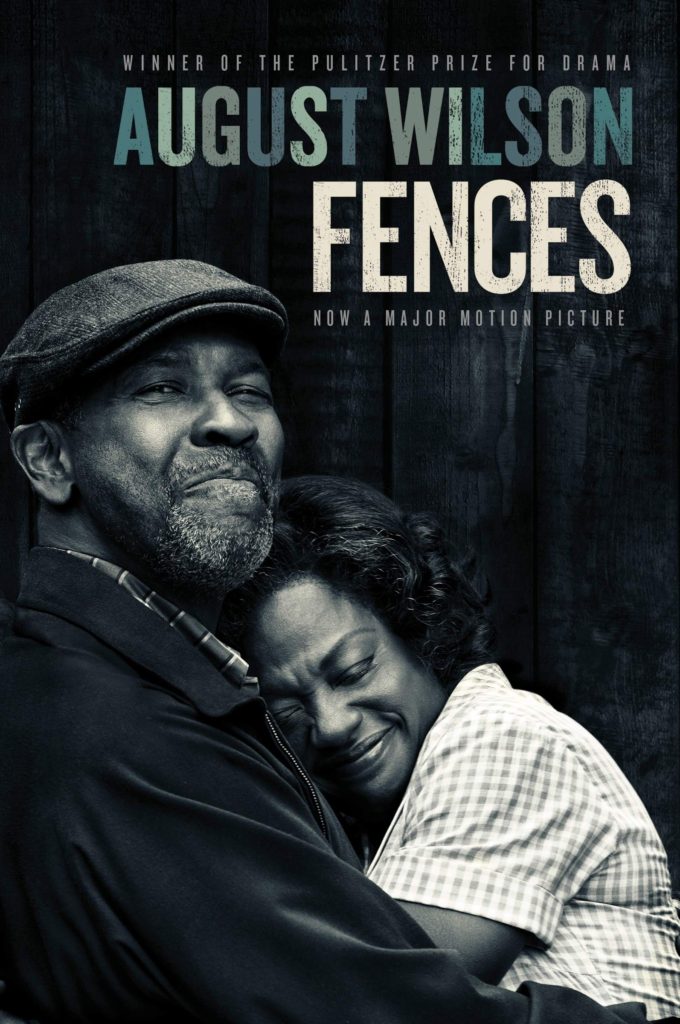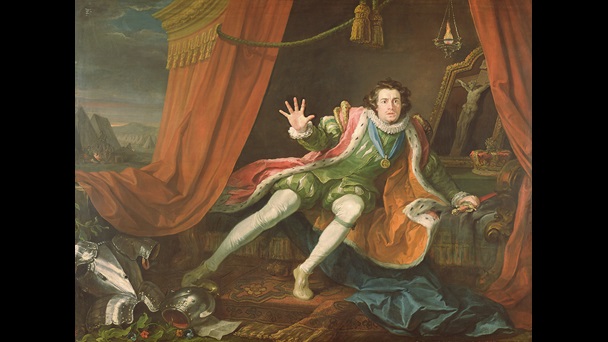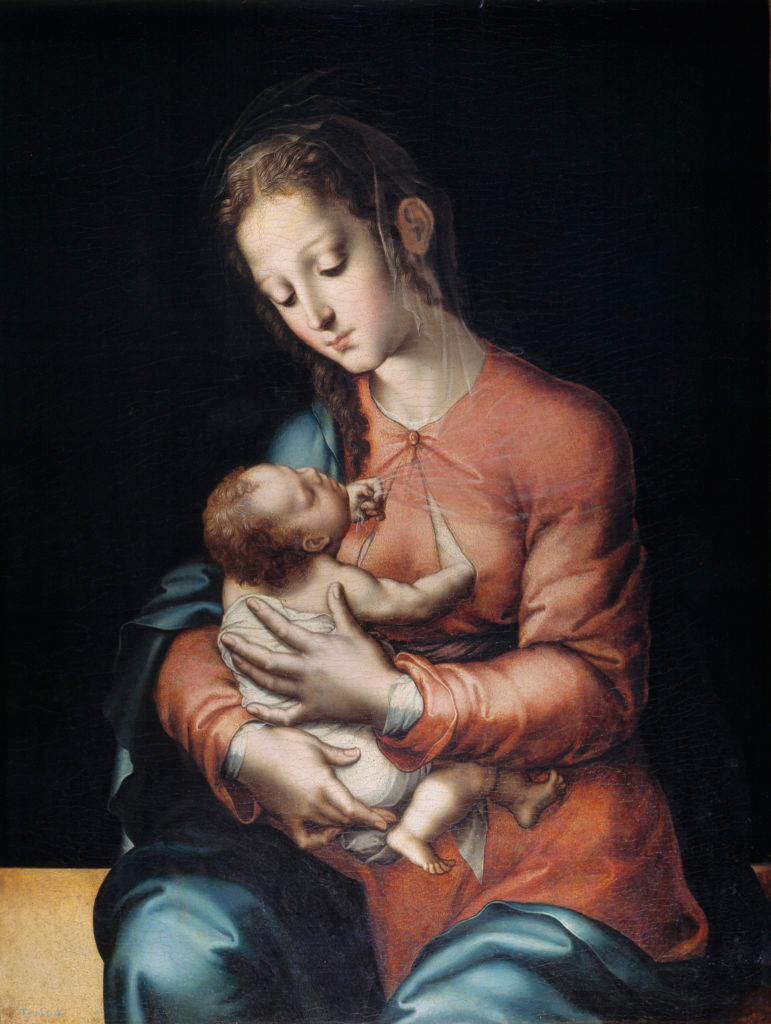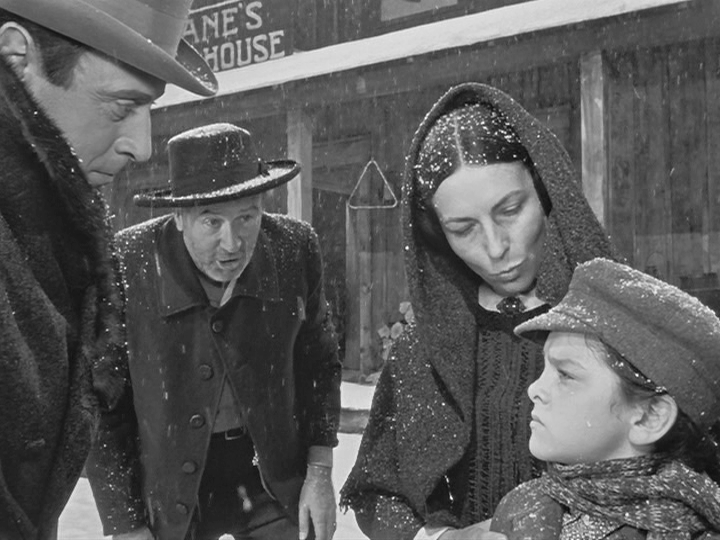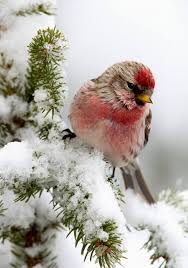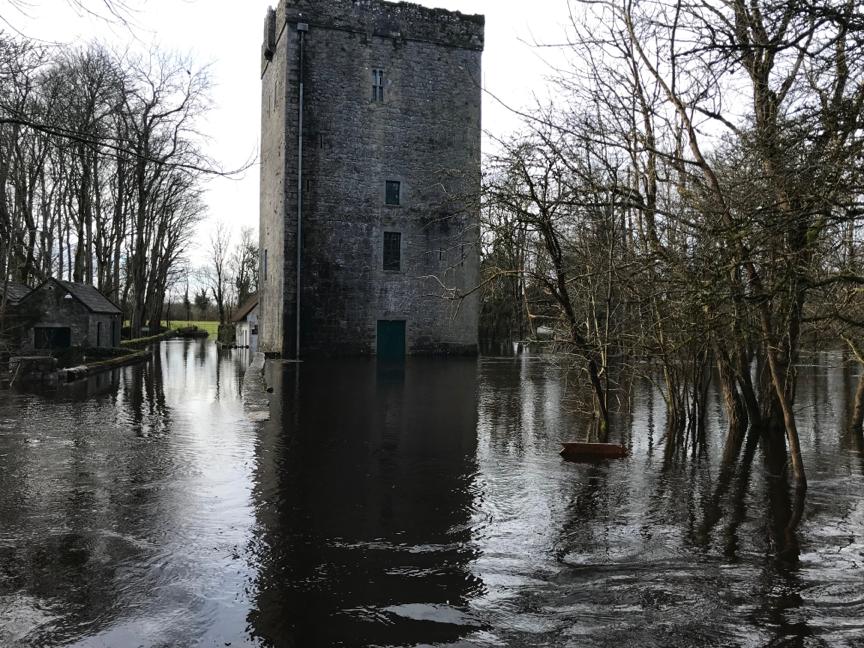
Friday
Fintan O’Toole’s recent New York Review of Books article on “Democracy’s Afterlife: Trump, the GOP, and the Rise of Zombie Politics” had a lead that was sure to catch my attention. Seamus Heaney and William Butler Yeats, he believes, can be used as social and political barometers:
It is an infallible law that if Seamus Heaney is the Irish poet of choice, things are looking up, but if W.B. Yeats is in the air, they look ominous. Joe Biden at the National Democratic Convention in August created great expectations with Heaney’s “once in a lifetime/…longed-for tidal wave/Of justice.” But there is no blue tsunami. Instead, we must turn, fretfully, to Yeats: “We are closed in, and the key is turned/On our uncertainty.” That key was always in the hands of Donald Trump. It has been obvious for many months that his strategy for retaining power would center on the generation of a force field of radical indecision. As Barton Gellman put it in The Atlantic, “He could prevent the formation of consensus about whether there is any outcome at all.”
A month after Biden’s decisive victory, Trump continues to keep much of the country locked in uncertainty. The most recent instance is Texas, with the support of 17 red state legislatures, petitioning the Supreme Court to throw out the results in four states that Biden won. There are several words for such an attempt to overturn a free and fair election. Coup is one of them, secession another. And then there’s treason.
Last month I looked at the Heaney poem to capture Biden’s optimism. I turn now to Yeats’s poem for a more pessimistic view.
The passage appears in “The Stare’s [Starling’s] Nest,” found in Meditations in Time of Civil War.” The masonry of Yeats’s beloved Ireland appears to be coming apart, allowing starlings to invade. By pleading to honeybees to make a home in the cracks where birds have nested, the poet is searching for sweetness in a bitter time.
The Stare's Nest by My Window The bees build in the crevices Of loosening masonry, and there The mother birds bring grubs and flies. My wall is loosening; honey-bees, Come build in the empty house of the stare. We are closed in, and the key is turned On our uncertainty; somewhere A man is killed, or a house burned, Yet no clear fact to be discerned: Come build in the empty house of the stare. A barricade of stone or of wood; Some fourteen days of civil war; Last night they trundled down the road That dead young soldier in his blood: Come build in the empty house of the stare. We had fed the heart on fantasies, The heart's grown brutal from the fare; More Substance in our enmities Than in our love; O honey-bees, Come build in the empty house of the stare.
Yeats has described the uncertainty he was experiencing when he wrote the poem:
I was in my Galway house during the first months of the civil war, the railway bridges blown up and the roads blocked with stones and trees. For the first week there were no newspapers, no reliable news, we did not know who had won nor who had lost, and even after newspapers came, one never knew what was happening on the other side of the hill or of the line of trees. Ford cars passed the house from time to time with coffins standing upon end between the seats, and sometimes at night we heard an explosion, and once by day saw the smoke made by the burning of a great neighboring house. Men must have lived so through many tumultuous centuries. One felt an overmastering desire not to grow unhappy or embittered, not to lose all sense of the beauty of nature. A stare (our West of Ireland name for a starling) had built in a hole beside my window and I made these verses out of the feeling of the moment.
The United States is not experiencing bloodshed, at least not yet. Many power-hungry Republicans, however, are attempting to unleash chaos. To borrow from the poem, Trumpism has encouraged them to indulge in fantasies, and their hearts have become progressively brutalized in the process. They find more substance in their enmities than in love.
Once we believed our courts would banish uncertainty, but 50+ court defeats for Trump’s lawyers have not caused Republican legislators to declare Biden the winner. For those putting confidence in our institutions, I recommend an eye-opening article by a Sri Lankan, who cautions that we could experience something like what he went through in his island nation. That he quotes Yeats is a sign of his pessimism.
Indi Samarajiva describes the aftermath of a 2018 coup attempt in Sri Lanka, involving a defeated party that refused to step down. In our country, people have laughed at attempts to overthrow the election results, what with Rudy Giluliani’s Four Seasons Landscaping press conference, his trickling hair dye episode, and Trump lawyer Sidney Powell threatening to “release the kraken.” In Sri Lanka, the losing side resorted to chili powder:
Two years ago, I lived through a coup in Sri Lanka. It was stupid. The minority party threw chili powder at everyone in Parliament and took over by farce. Math, however, requires a majority and the courts kicked them out. They gave in. We’d been protesting for weeks and yay, we won.
The victory, however, was illusory:
I didn’t know it at the time, but we had already lost. No one knew — but oh my God, what we lost. The legitimate government came back but it was divided and weak. We were divided and weak. We were vulnerable.
The instability set the stage for the 2019 Easter bombings four months later, which killed 267 people. Samarajiva spells out the connection in graphic terms:
Your Republicans have set forces into play they cannot possibly understand and certainly cannot control. And they don’t even want to. To them, chaos is a ladder.
This is the point. You have taken an orderly system balancing a whole lot of chaos and fucked with it. I don’t know how it’s going to explode, but I can promise you this. It’s going to explode.
This is precisely why we have elections, and why both sides accept the results. To keep the chaos at bay. The whole point is that you have a regular, ritual fight rather than fighting all the time. Once one side breaks ritual then you’re on the way to civil war. Once you break the rules then chaos ensues. What exactly happens? I don’t know. It’s chaos….What I can tell you — what anyone who’s experienced this can tell you — is that it’s going to be bad. I didn’t know that churches and hotels would blow up on Easter Sunday, but I know now. I’m trying to tell you in advance. You’ve opened up a Pandora’s box of instability. All kinds of demons come out.
I have lived through a coup. It felt like what you’re feeling now. Like watching something stupid and just waiting for it to go away. But it doesn’t go away. You can forget about it, but it doesn’t go away.There’s a ticking bomb at the heart of your democracy now. Your government, the very idea of governance is fatally wounded. Chaos has been planted at its heart. I don’t know what this chaos will grow into, but I can promise you this. It won’t be good.
It is at this point that the writer turns to poetry:
You have fucked with chaos and soon chaos will fuck with you. To quote Yeats,
The falcon cannot hear the falconer;
Things fall apart; the center cannot hold;
Mere anarchy is loosed upon the world,
The blood-dimmed tide is loosed, and everywhere
The ceremony of innocence is drowned…
The center in America’s case should be the Constitution, the Bill of Rights, the rule of law, and 240 years as a democratic republic. Recent history, however, has taught us that processes we thought were written in stone were actually just norms that someone like Trump casually violates. We can no longer confidently assert that the center will hold.
I pray for Heaney’s tidal wave of justice rising up but fear we get Yeats’s slouching beast instead.
Yet even Yeats, despite his vision of crumbling masonry, does not give up on optimism altogether. In his notes on “The Stare’s Nest” he reports that, after all the explosions, fires and deaths, “a strange thing happened”:
I began to smell honey in places where honey could not be, at the end of a stone passage or at some windy turn of the road, and it came always with certain thoughts.
What with Trump and the current GOP shaking America’s foundations, cracks are appearing. Pray God that we can shore up those cracks with honey.

